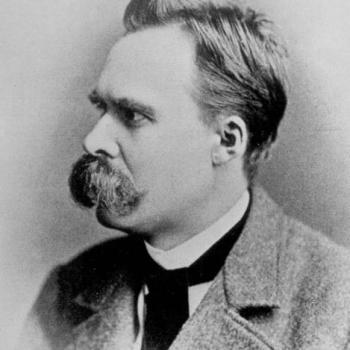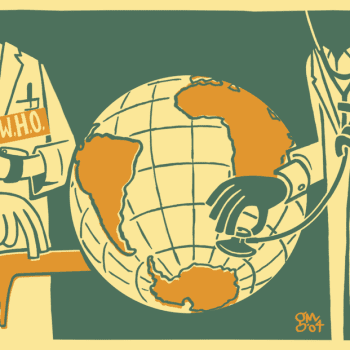A health care reform proposal to set up a government health insurance program to compete with private companies is back in the mix. Economics columnist Robert J. Samuelson discusses how it would work, but offers this conclusion:
A favored public plan would probably doom today's private insurance. Although some congressional proposals limit enrollment eligibility in the public plan, pressures to liberalize would be overwhelming. Why should only some under-65 Americans enjoy lower premiums? In one study that assumed widespread eligibility, the Lewin Group estimated that 103 million people — half the number with private insurance — would switch to the public plan. Private insurance might become a specialty product.
Many would say: Whoopee! Get rid of the sinister insurers. Bring on a single-payer system. But if that's the agenda, why not debate it directly?
In the same issue of the
Washington Post,
Fred Hiatt, who is no conservative, suggests what a public option would do:
If, as advocates sometimes argue, a public plan operates without favoritism, it will be simply one more entrant in the marketplace. Like other companies, it will have marketing and administrative costs. In some markets served by few private plans, it could offer a useful alternative. But it won’t radically reduce costs.
If, as advocates argue at other times, the point is to insure sick people whom private companies, despite all regulatory efforts, find ways to shun, the public plan could offer a valuable safety net. But that wouldn’t save money.
And if, as seems likeliest — and as House legislation mandates — the plan uses government power to demand lower prices from hospitals and drug companies, those providers may lower quality or seek to make up the difference from private payers. Private companies would have to raise their rates, so more people would choose the public plan, so private rates would rise further — and we could end up with only the public option and no competition at all. Single-payer national health insurance may be the best outcome, but we should get there after an honest debate, not through the back door.















